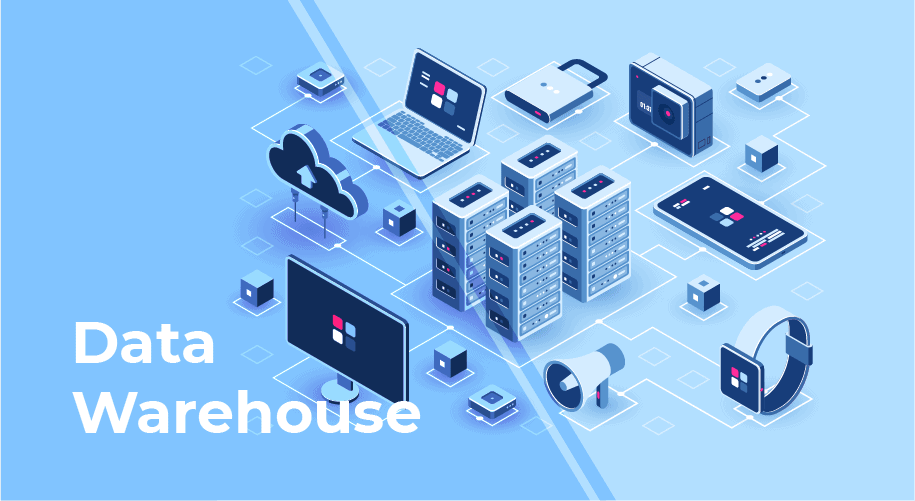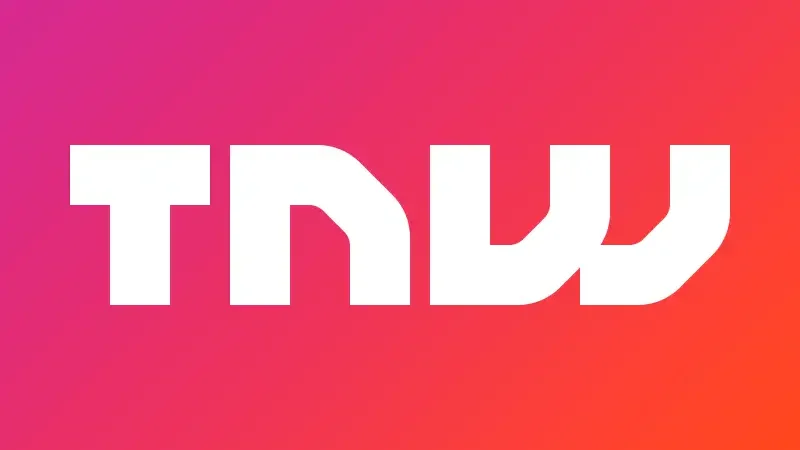A Data Warehouse Can Be Beneficial For The Businesses?

A data warehouse is a centralized repository that stores data from all areas of your business. The concept of data warehousing is pretty easy to understand and has long been considered the core component of business intelligence (BI). IT creates a central location and permanent storage space for the various data sources needed to support a company’s analysis, reporting, and other BI functions.
And it’s really important for your business.
But managing a data warehouse (or many warehouses) effectively also costs money—big money. The problem is when big money is involved, it’s tough to justify spending it on any project, especially when you can’t really quantify the benefits upfront. And data warehousing often requires other products to manage effectively, such as data virtualization. In fact, many companies are replacing data warehousing with frameworks like an agile data fabric. But not all companies can do this, as they’ve invested countless hours and dollars into a large-scale data warehouse.
Luckily, when combined with the cloud and virtualization capabilities, data warehousing can be effective and advantageous for your business.
5 Benefits of a Cloud-based Data Warehouse
In the cloud, modern data warehouses rely on major vendors like Snowflake, Amazon RedShift, and Google Big Query—and you can expect this trend will continue. Compared to legacy data warehouses, cloud providers have increased performance and cost benefits that aid in business decision making. Here are the top five benefits:
Deliver Enhanced Business Intelligence
By providing data from various sources, managers and executives no longer need to make business decisions based on limited data or instinct. In addition data warehouses, and the BI they connect with, can fuel insights for marketing, finance, operations, and sales.
Save Time
Since business users can quickly access critical data from a number of sources in a single platform—they can rapidly make informed decisions on key initiatives. They won’t waste precious time retrieving data from multiple sources.
Users can query the data themselves with little or no support from IT—saving more time and money. That means business users won’t have to wait until IT gets around to generating the reports, and hardworking IT analysts can focus on keeping the business running.
Increase Data Quality and Consistency
A data warehouse implementation includes the conversion of data from numerous source systems into a common format. Since data from various departments is standardized, each department will produce results in line with all the other departments. With data virtualization capabilities, you can have more confidence in the accuracy of your data. And accurate data is the basis for strong business decisions.
Provide Historical Intelligence
A data warehouse stores large amounts of historical data so you can analyze different time periods and trends to make future predictions. Such data typically cannot be stored in a transactional database or used to generate reports from a transactional system.
Generate a High ROI
Companies that have implemented data warehouses and complementary BI systems have generated more revenue and saved more money than companies that haven’t invested in business intelligence.
Unify Your Data with TIBCO
Data virtualization complements a data warehouse. If your enterprise decides to build a data warehouse or already has one, data virtualization can act as a unified virtual layer or virtual data fabric. The data warehouse—along with any other databases, applications, APIs, master data, or other assets—will connect and use a data virtualization platform as the source of ingestion. Many organizations use data warehouses as targets for caching data virtualization extracts.
TIBCO Agile Data Fabric solutions optimize data management and integration capabilities so you can accelerate data pipelines, share data assets, and adapt your ever-changing data architecture. A modern, distributed data architecture allows you to address today’s data challenges in a unified way with several key benefits:
- Faster time-to-solution
- Flexibility
- Simplicity
- Cost-effectiveness
- Consistent and secure data governance
So whether you’re looking to upgrade your current data warehouse or are deciding if a data warehouse is right for you, TIBCO is here to help.






